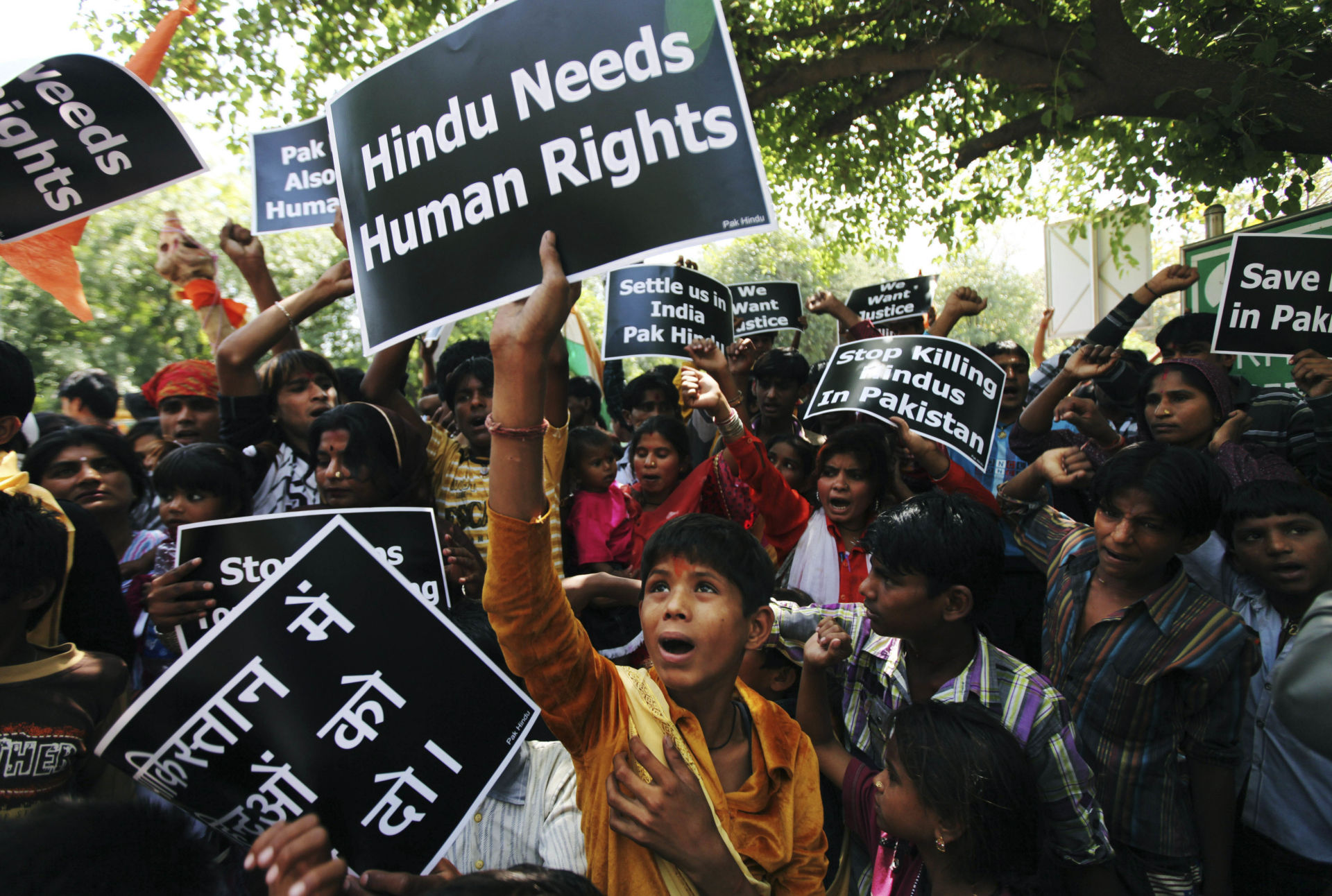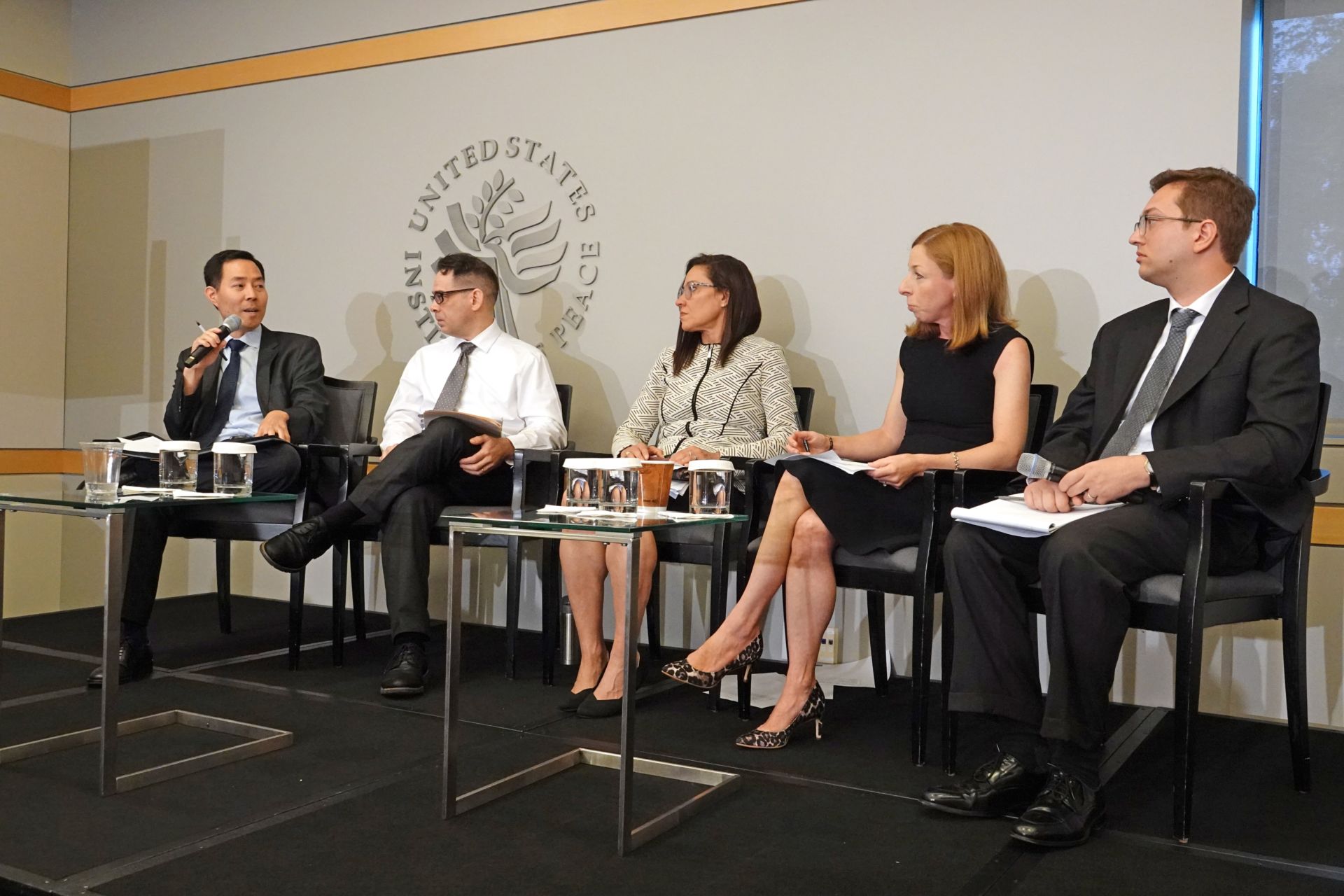The UDHR or Universal Declaration of Human rights (UDHR) had the trigger for its codification in the aftermath of the Second World War, as a way for states all over the world to collectively avoid such atrocities and for suffering on a global scale from ever happening again. However, it is claimed that the document itself reflects western-based individual rights rather than the communal rights of some non-western nations, so its universality is sometimes questioned.
To examine whether the Universal Declaration of Human Rights represents solely western values, it is important to take into consideration both the participation of non-western cultures in the codification of the document and what legitimizes its universality.
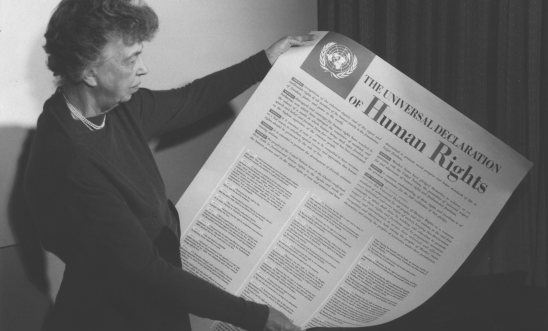
The declaration was written by representatives from all over the world including Chile, China, Egypt, India, Pakistan, and Lebanon, none of which would be classified as “Western”. However, the point that the participation and influence of non-western cultures in the codification of the document legitimize its universality has several shortcomings. Some non-western nations such as Saudi Arabia, South Africa, and the Soviet bloc were not as willing to participate in the process as others.
These states abstained from voting for the document, for reasons later made public. In the case of Saudi Arabia, Islamic Law (Sharia) was seen to be in direct contradiction with Articles 16 and 18 of the declaration. Article 16 ensures the right for any individual to marry and found a family, while Sharia Law states that marriage is to be solely between a man and a woman; article 18 ensures freedom of religion, while Sharia Law requires all Saudi citizens to follow Islamism. That is why Saudi Arabia is not a party to the International Covenant on Civil and Political Rights, which includes freedom of religion. Other states such as the Soviet bloc demanded more emphasis on socio‐economic rights than referenced in the document and South Africa’s government was openly hostile to the Declaration due to the apartheid system that governed civil life in the country at the time.
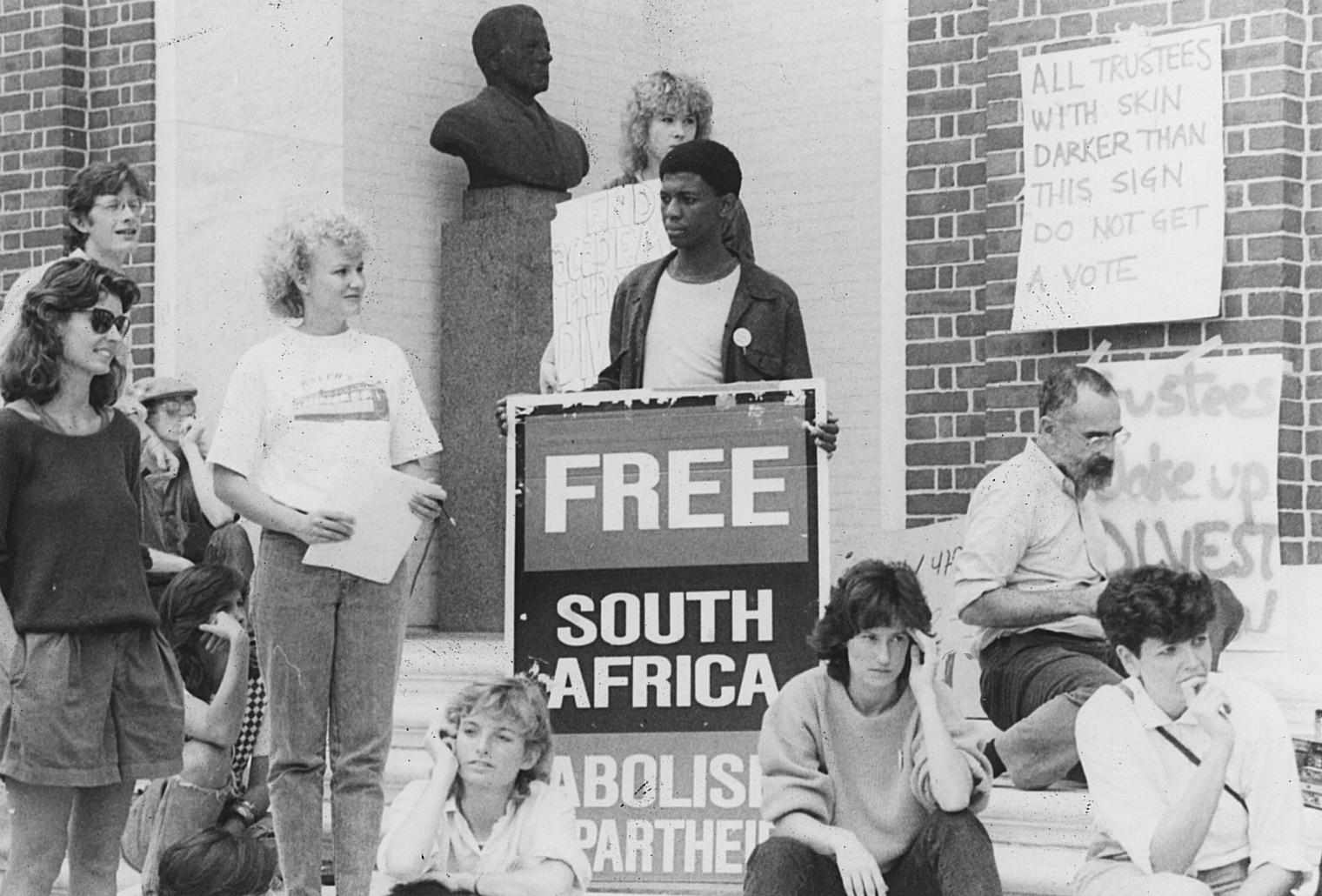
This context of exclusion that these non-western States were left in can be used as an excuse for them to violate human rights, leading the document to sometimes serve the opposite purpose of what it was written for.
An example of this is South Africa: despite the end of apartheid in 1994, the use of torture by the state which is a direct violation of the Universal Declaration of Human Rights continues as an active practice in the country. This illustrates how the participation and influence of non-western nations diminish the claim to the universality of the document since a consensus was never reached with states such as Saudi Arabia, South Africa, and the Soviet bloc.
Even though the participation of non-western states in the codification of the document alone might not be enough to legitimize its universality, an analysis of the extent of the influence of the UDHR in non-western countries leaves less scope for interpretation. The document was written by mostly western countries, however, two-thirds of the endorsing votes came from non-Western countries (48 in favor, none against and 8 abstentions).
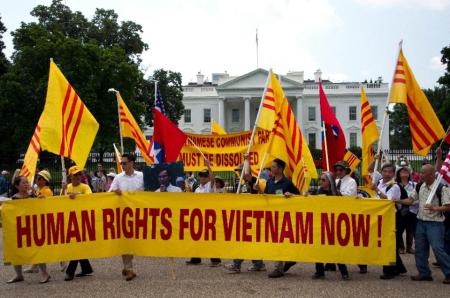
The fact that the document holds its place as the most translated document in the world, even after 70 years of its ratification illustrates its importance as more than just a western document. And even though the declaration is not a legally binding document, many of the rights enshrined in the UDHR have subsequently been reflected in other human rights instruments (9 in total) including the Convention against Torture (1984) and the Convention on the Rights of the Child (1989) that have been ratified by Member States (approximately two-thirds of which are non-western countries). Indeed, much of the UDHR is now codified into binding human rights obligations globally.
All United Nations member countries, including Saudi Arabia, Russia, and South Africa have ratified at least one of nine major human rights treaties, and many have ratified more. However, some of the most powerful, western states, despite being members of the United Nations, have not signed these key documents. For example, the United States, which, by custom and tacit general agreement, always provides the head of UNICEF (United Nations International Children’s Emergency Fund) headquartered in New York, has not yet ratified the Convention on the Rights of the Child. Nor has it ratified the International Convention on the Protection of the Rights of All Migrant Workers and Members of Their Families, along with the United Kingdom that is equally remiss in this respect. Additionally, the association of the U.S. with the UDHR was brought to attention once again when the George W. Bush administration refused to join the International Criminal Court (ICC).
This all brings into question whether the participation of western states in human rights dialogue hasn’t been overestimated and magnified, in order for non-western states to appear isolated from such dialogue when in reality the distance between western states and non-western states when it comes to human rights isn’t so vast.
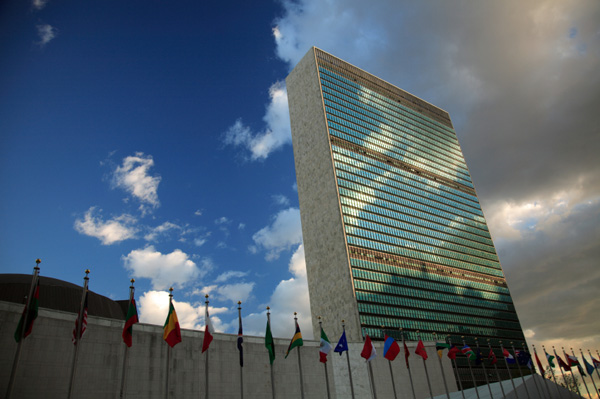
Additionally, the UDHR has also influenced the work of non-governmental organizations like Amnesty International and Human Rights Watch, just two of thousands of groups that work to promote and monitor human rights around the world. All of this illustrates how despite the document being written by a majority of western states, it has proved to reflect the idea of collective experience with injustice and the need for human rights protection of many non-western states.
While the UDHR remains far from a universally enforced declaration, its direct influence in non-western states and indirect influence stimulating the creation of other declarations – the nine legally binding human rights documents – and inspiring non-governmental organizations to defend human rights on a global scale can be considered ground enough to affirm the unbiased nature of the document.
EDITOR’S NOTE: The opinions expressed here by Impakter.com columnists are their own, not those of Impakter.com.
In the Featured Image: Pakistani Hindus hold placards as they shout slogans during a protest against alleged human rights violations in Pakistan, outside the United Nations office in New Delhi. Source: A cry for help – World


